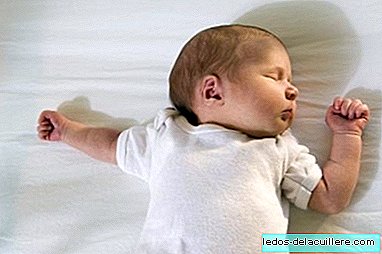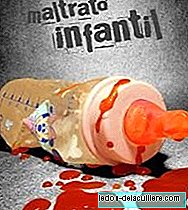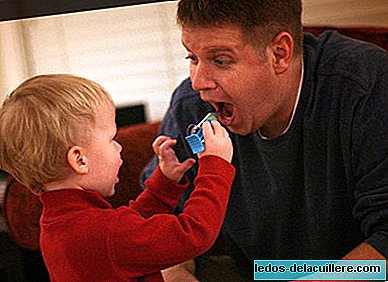
All children, at one time and another, they tell lies. They have a stage where they are especially prone to say them, but we should not worry at all about it. It does not mean that they will become pathological liars. Lies are not bad, they are a sign of cognitive progress.
When formulating a lie complex brain mechanisms are involved, which is a Indicator of more advanced cereal development in children. In other words, lying is a milestone in children's learning, such as talking or walking.
Lying is an important learning skill that the child begins to set in motion around the preschool age. At two years, about 30 percent of children try to cheat their parents at some point, while 50 percent of children have tried at some time. At 4 years, 80 percent, and between 5 and 7 years all healthy children have ever done it, or more.
Dr. Kang Lee, director of the Institute for Child Studies at the University of Toronto is an expert on the subject and ensures that those children who are able to lie have reached an important stage of development.
That is, that 30 percent of 3-year-old children who are able to lie show greater capabilities of your brain's executive function. This cognitive complexity means that these first liars will be more successful in school and in their relationships with other children in the playground.
Why? Because, according to the professor, the lie requires two ingredients. First, the child needs to understand what is in the other person's mind, know what he knows and what he doesn't know. He calls it the theory of the mind. Second, the ability to inhibit the urge to tell the truth and turn it into a lie.
Lies are not bad, they are part of the child's development. Of course, ethical issues then come into play in which parents must intervene to prevent our children from using lies in a bad way.












